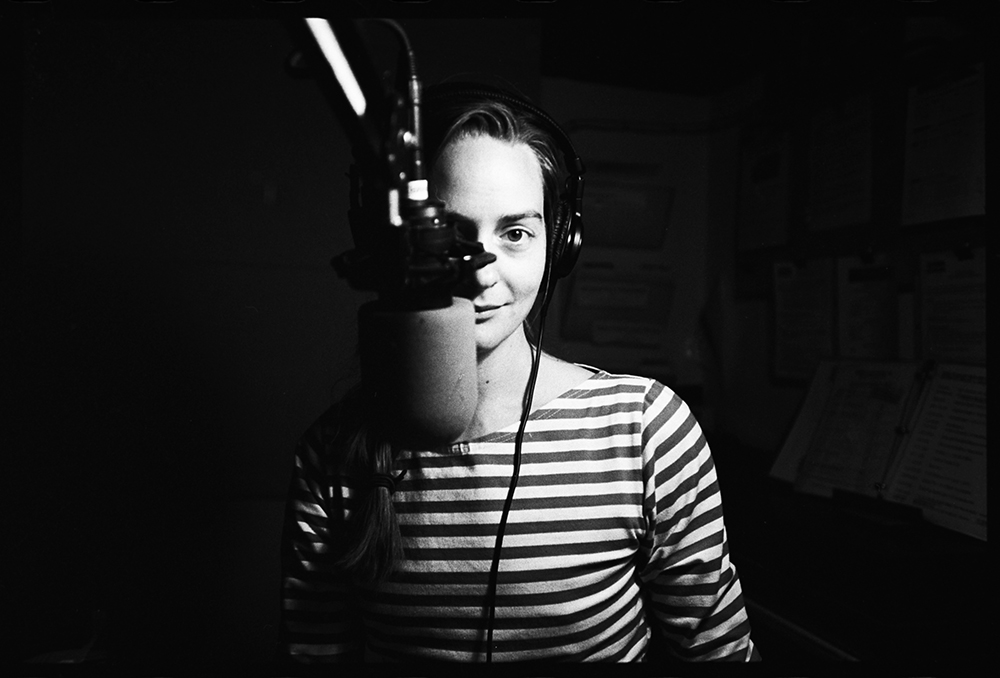Last month, D.J. Barbarella, the host of KWMR’s Barbarian Beach Party, spun records for “Soul Nite” at the Old Western Saloon, a . . .
The woman behind the Barbarian Beach Party


Last month, D.J. Barbarella, the host of KWMR’s Barbarian Beach Party, spun records for “Soul Nite” at the Old Western Saloon, a . . .